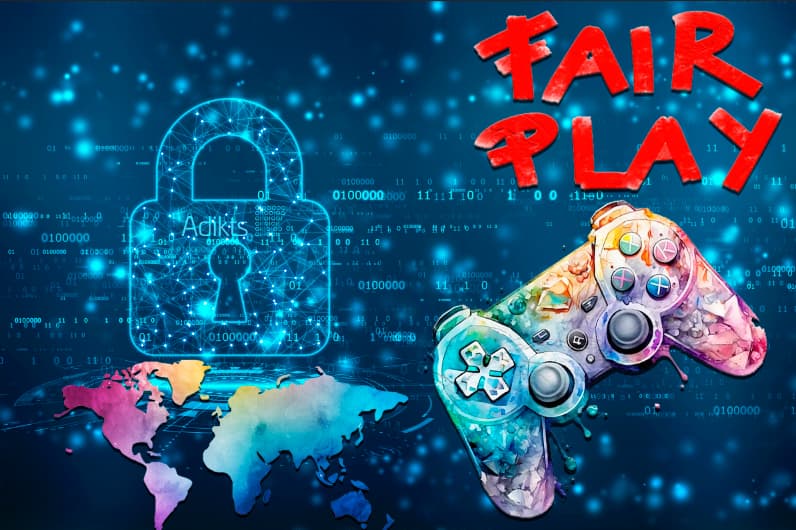As the world of online gaming rapidly changes, probably fair technology has emerged as a game-changer, setting new ethical benchmarks and nurturing trust among players. It transparently determines the outcomes of online games, effectively eliminating any chance of manipulation.
Grasping the Basics of Provably Fair Technology
Provably technology is a groundbreaking innovation in the online world, designed to instil trust and fairness. This hash is shared with the player, ensuring transparency.
After the game, players can use this hash to verify that the outcome was predetermined and not altered.
The Crucial Role of Trust: Significance of Provably Fair in Online Gaming
The absence of physical interaction in these digital platforms often raises concerns about fairness and transparency, leading to scepticism among players. This is where the revolutionary role of provably technology becomes crucial.
By employing cryptographic algorithms, it ensures that game outcomes are determined before the game starts and remain unaltered during play. This method provides a mechanism where players can verify the fairness of each game independently.
The implementation of this technology is a game-changer. This level of transparency does wonders in strengthening the bonds within the gaming community. Players feel a deeper sense of belonging and loyalty, fully aware they’re part of a fair and unbiased gaming world.
It’s not just about building trust. It reassures players that they’re getting a deal, which is key to the industry’s continued growth and energy.
Demystifying Provably Fair Technology: An In-depth Analysis of the Algorithms
Provably technology operates on sophisticated algorithms that function as the guardians of fairness. At its heart is a cryptographic algorithm, typically a hash function, which generates a unique, encrypted outcome for each game before it starts.
This encrypted outcome, or hash, is like a sealed envelope of the game’s result, provided to the player beforehand. Once the game concludes, the original value used to create the hash is revealed, allowing players to verify that the outcome was pre-determined and unchanged.
This process is akin to a digital lock-and-key system, where the key is only revealed after the game, ensuring that neither players nor operators can tamper with the game’s outcome.
Real-World Impact: Analyzing Successful Provably Fair Implementations
The implementation of provably technology has revolutionized the industry, exemplified by several notable case studies. One such example is a well-known online casino platform that introduced provably algorithms in its games, resulting in a remarkable increase in user trust and participation. Players were able to verify each game’s fairness independently, leading to heightened confidence and a surge in user engagement.
Another case involves a multiplayer online game that integrated provably technology to ensure the randomness of in-game events. This move significantly reduced player complaints about bias or unfair advantages, fostering a more equitable environment.
Overcoming Obstacles: Tackling Challenges in Provably Fair Systems
The integration of provably fair technology in online gaming, while revolutionary, is not without its challenges and limitations. Here are some key points:
- The technical intricacies of provably systems can often be overwhelming, especially for players who aren’t tech-savvy. The cryptographic backbone of these systems, although crucial for ensuring fairness, can seem complex and intimidating at first glance. Developers are working hard to streamline user interfaces, focusing on making the verification process more approachable and easy to understand for everyone.
- The adoption of this technology can be costly for gaming platforms. Industry efforts focus on developing cost-effective solutions while maintaining system integrity.
- As platforms grow, ensuring the scalability of provably fair systems is challenging. Ongoing research is dedicated to enhancing the efficiency of these algorithms to support larger platforms.
- Navigating varying global regulations can be complex. Continuous dialogue with regulatory bodies is crucial to align provably fair systems with legal standards.
Predicting the Future: Trends and Innovations in Provably Fair Gaming
The advancement of provably fair technology is revolutionizing online gaming, driven by an increasing demand for transparency and fairness. This technology’s integration is becoming more widespread, signalling a shift towards standard industry practice.
Additionally, the combination of provably fair systems with blockchain technology promises to further enhance security and provide immutable records of outcomes. This evolution is expected to bolster player confidence significantly, thereby boosting participation in online gaming.


